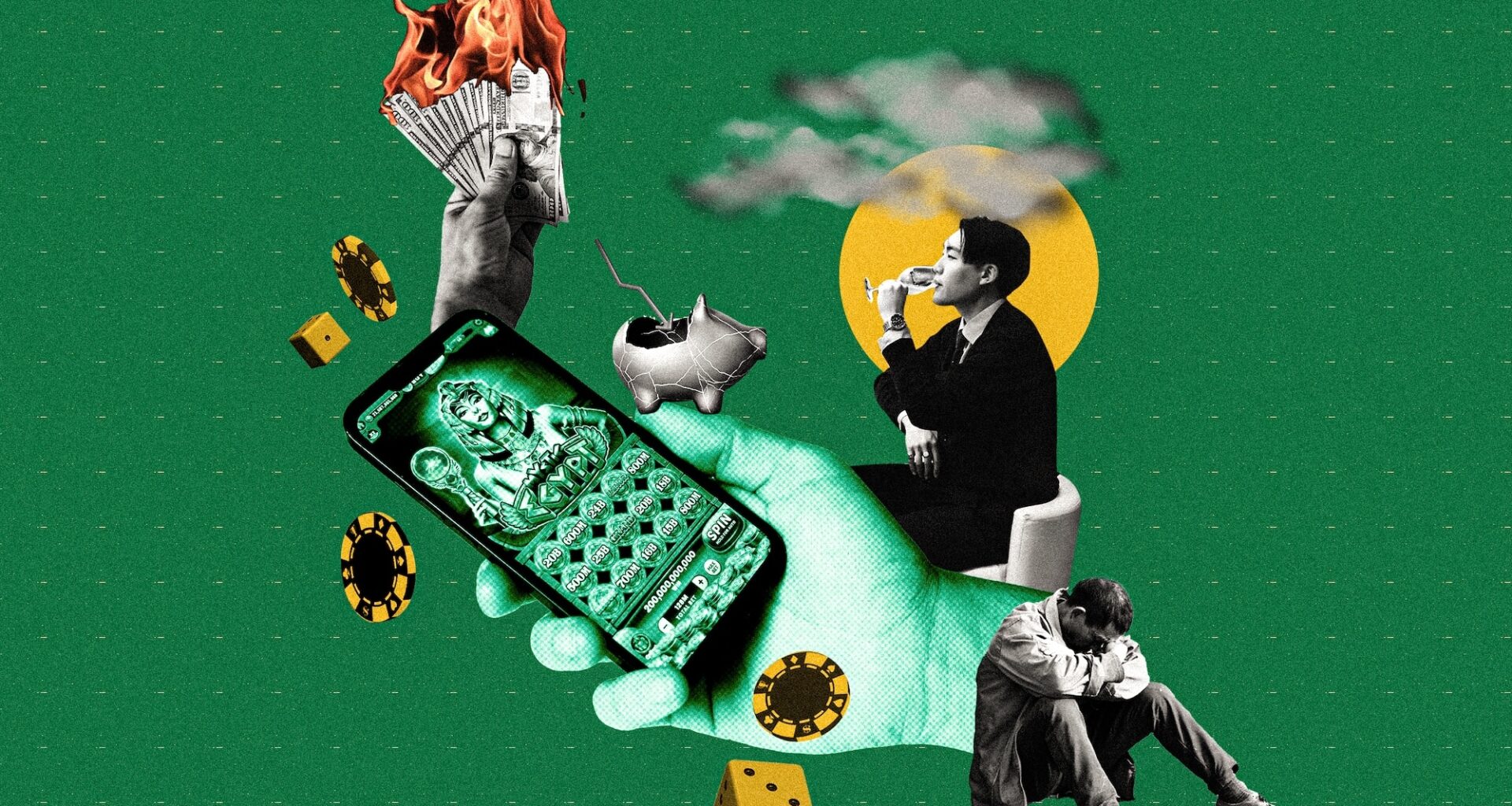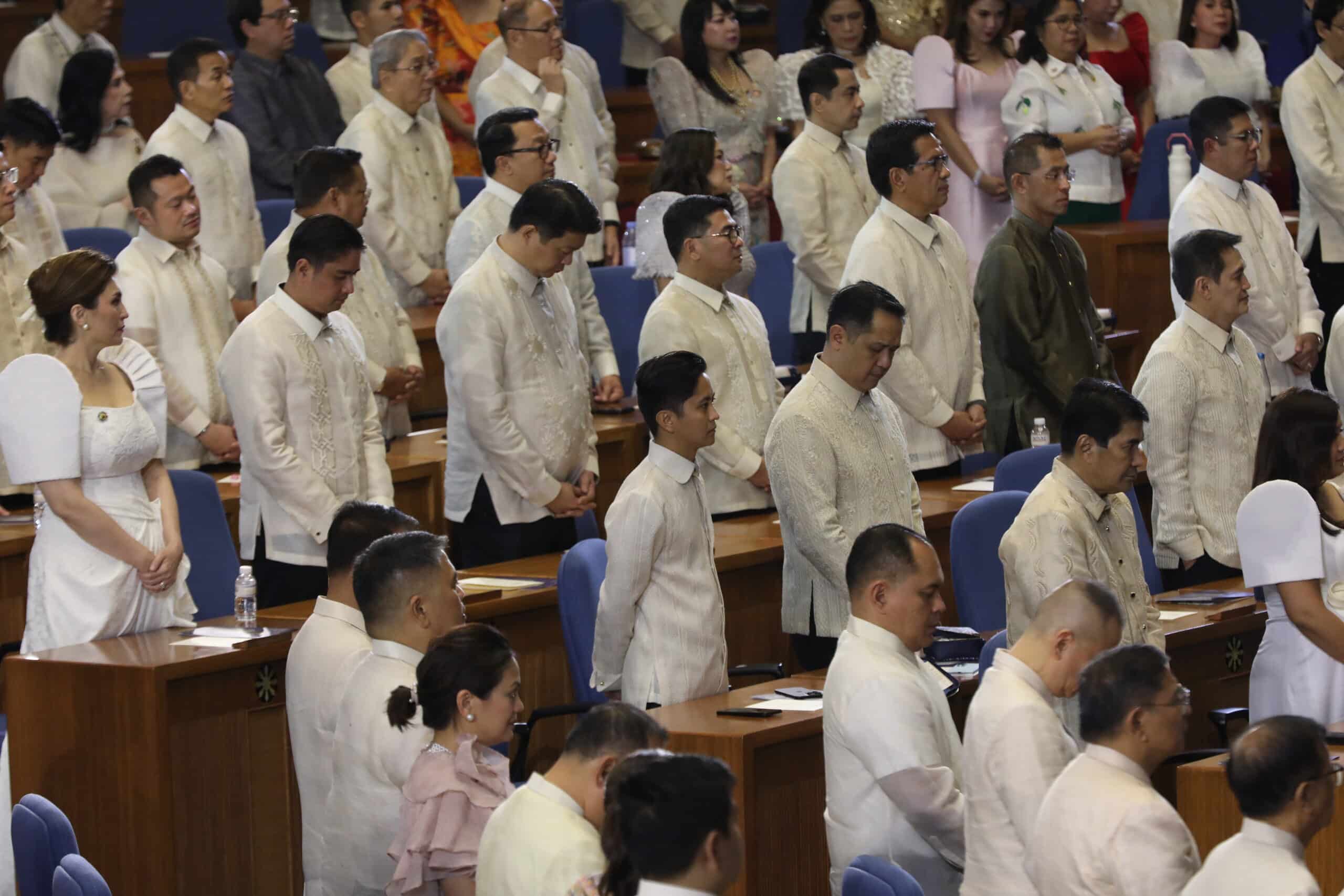President Ferdinand Marcos Jr., in his fourth State of the Nation Address (SONA), highlighted the present administration’s recent achievements, as well as several key working points for the government moving forward.
Despite the president’s lengthy one hour and eleven-minute speech, several government officials have lamented the address’ insufficient content.
Senator Risa Hontiveros, who described the speech as “manipis na manipis,” had hoped that the president would touch on the numerous wage hike bills filed for the 20th Congress. “Parang din siya ‘business as usual na SONA.’ Sayang na-miss nila yung opportunity na magbigay ng assessment pagkatapos ng isang midterm elections.”
Meanwhile, Senate Majority Leader Joel Villanueva was dismayed that the president did not mention anything about online gambling. “We reiterate our call for a total ban on online gambling because it wreaks havoc on the lives of our people. It destroys families, it traps people in addiction, and it offers no real value to nation-building.”
READ: In fourth Sona, Marcos touts gains but issues strong warnings
Online gambling among Filipinos
Villanueva, who is leading the charge for a nationwide ban on online gambling, initially filed Senate Bill No. 1281 or the “Anti-Online Gambling Act” back in 2022, and seeks to once again push for its passing in the 20th Congress. Senator Juan Miguel Zubiri has also publicly supported the bill—calling online gambling a “silent pandemic” that’s afflicting the masses.
Under the proposed act, all forms of online gambling, such as digital betting platforms, mobile applications, and websites, will be prohibited.
In the bill’s explanatory note, Villanueva painted a dire situation: a 19-year-old student arrested for being unable to pay a ₱500,000 debt in cockfighting or e-sabong; students caught stealing from their parents to place bets; and even a police officer who robbed an LBC branch.
In light of growing clamor for a nationwide crackdown on online gambling, several operators have called for a logical approach instead. “If there are new standards to meet or better ways to protect players, we will act swiftly and responsibly. But please, do not condemn an industry, and the 50,000 Filipino families who rely on it, without hearing the facts first,” says DigiPlus chairman Eusebio Tanco.
Photo from the 2025 State of the Nation Address
Rather than pushing for an outright ban, Senator Sherwin Garchalian filed a bill seeking to impose stricter regulations instead. This includes reducing online gambling’s visibility in public events and advertisements, raising the minimum age of players from 18 to 21, as well as provisions to reduce access to betting sites and platforms in e-wallets such as GCash and PayMaya.
GCash has recently stated that it will update its advertising guidelines to “promote safer gaming practices, and ensure that GCash and partner merchants remain compliant with the laws and regulations.”
Currently, the Bangko Sentral ng Pilipinas is also entertaining the idea of limiting the use of digital payments in online gambling platforms.
READ: Joel Villanueva calls for an end to online gambling: ‘A national crisis’
Online gambling and low wages: More intertwined than you think
The prevalence of digital and print media advertising online gambling; its integration to online and e-wallet platforms (making it highly accessible as well as gamified and attractive to minors); and addiction rooted in overlooked mental conditions—these are undeniable factors that lead to widespread online gambling.
But untangling it boils down to a ‘simple’ paradox: “Financial strain is often a consequence of gambling disorders. At the same time, they are more prevalent in the context of poverty,” notes a 2023 research that correlates income levels and gambling in Norway.
Although seemingly contradictory, the research suggests that having lower income creates a higher risk for gambling, “given the potential hope that [it] offers as a means to get ahead financially.” It also noted that anxiety related to having low income “increases engagement in gambling activities as a coping mechanism.”
READ: Nicole CuUnjieng Aboitiz writes about the realities we should talk about more
It’s not taboo when it’s your only way up
But how exactly did online gambling remove its “once-taboo” label? Wasn’t it mostly reserved for the high-rollers in brick-and-mortar casinos?
Digitalization and ease of access have no doubt contributed to it, but that previous status quo—of gambling being widely frowned upon—no longer holds up in a world where working hard hasn’t been enough in a long time.
It is no secret that wages haven’t exactly kept pace with rising prices, inflation, and growing needs. Single-income households are a thing of the past, and having multiple jobs has become increasingly normalized. And to add to that, online personalities streaming online gambling, “lucky” people easily hitting jackpots left and right, and sports bettors making bank from a regular NBA game are proof that nowadays, working hard isn’t rewarded.
And we’re surrounded by those who can earn in a day what takes many of us months or years to reach.
There is a way up the financial ladder. Social mobility isn’t dead yet, but solely working hard doesn’t cut it anymore. You have to have multiple jobs. You need the right connections. You need to be tenacious, opportunistic, and sometimes lucky. And for some of us, luck isn’t exactly a bad bet to hedge on.


